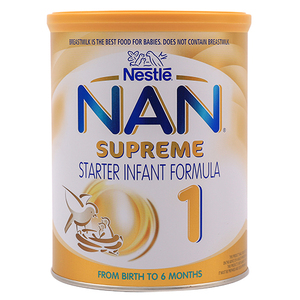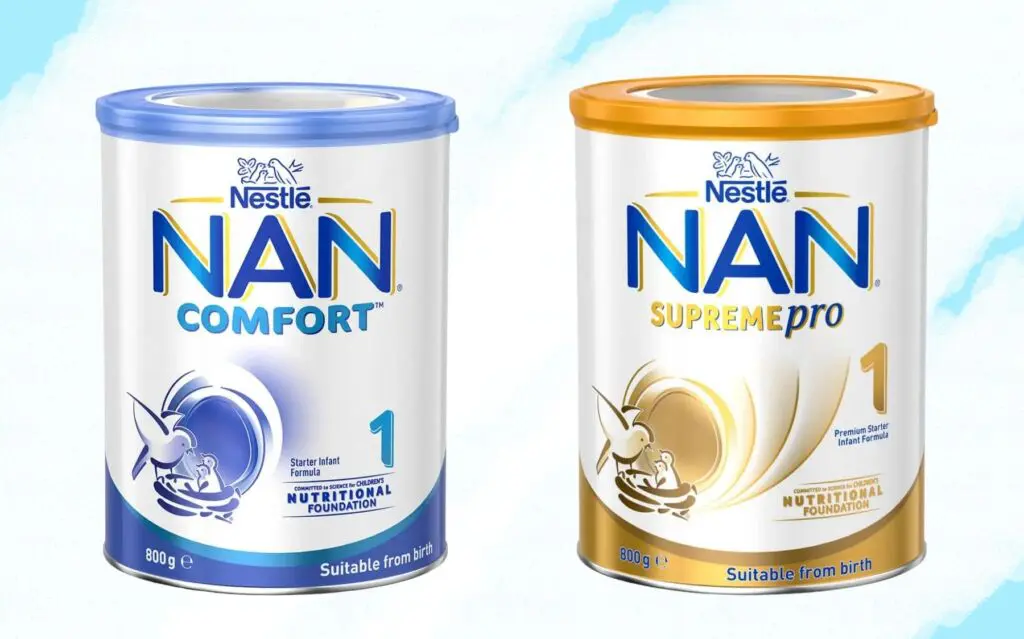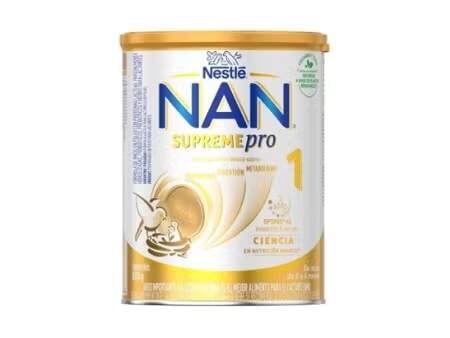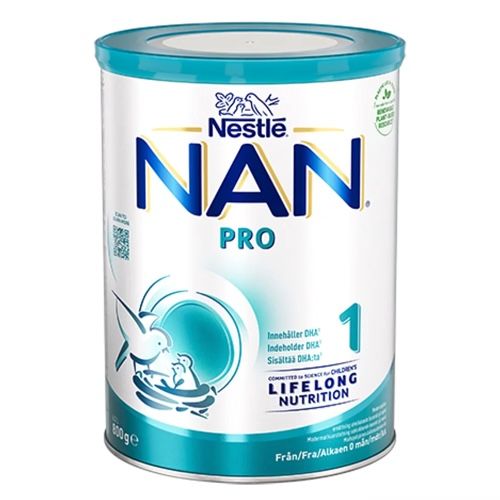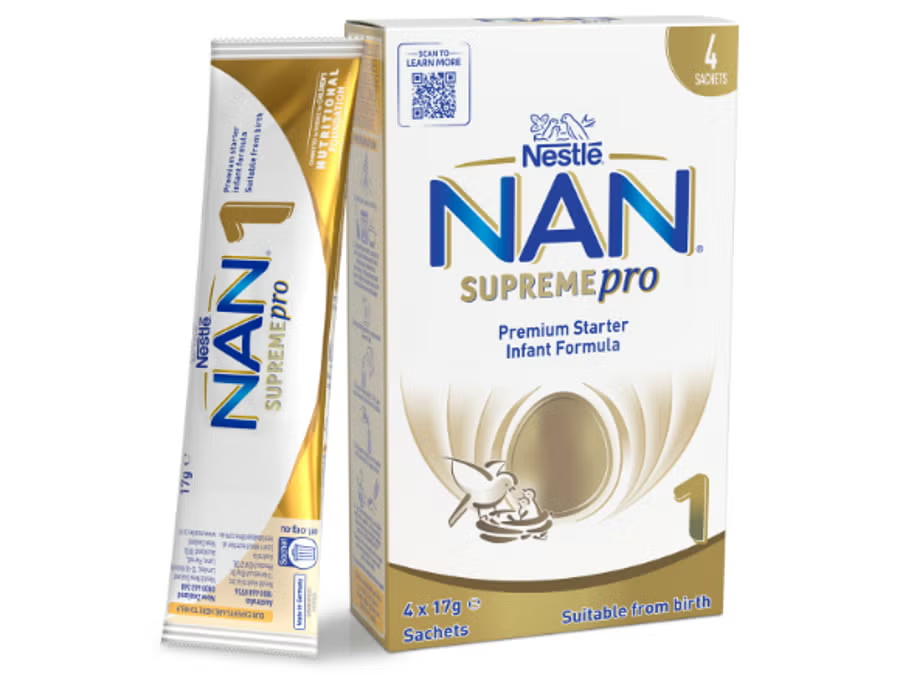Description
Nestlé NAN SupremePro 1: A Closer Look at This Infant Formula
Choosing the right infant formula can be a daunting task. With so many options available, parents are often bombarded with information and marketing claims. Nestlé NAN SupremePro 1 is one such formula, specifically designed for infants from birth to 6 months. This article delves into its key ingredients, potential benefits, and considerations for parents.
What is Nestlé NAN SupremePro 1?
Nestlé NAN SupremePro 1 is a stage-1 infant formula intended as a breast milk substitute for babies aged 0-6 months. It’s positioned as a premium option, often marketed with claims of advanced nutritional support and easier digestion. It’s crucial to remember that breast milk is always the best option for infants, but when breastfeeding isn’t possible or insufficient, formula can provide essential nutrients.
Key Ingredients and Potential Benefits:
The ingredient list of NAN SupremePro 1 usually includes:
- Partially Hydrolyzed Whey Protein: This is a key component that distinguishes it from standard formulas. The protein is partially broken down (hydrolyzed) into smaller peptides, which some believe makes it easier for infants, especially those with sensitive stomachs, to digest. This may potentially reduce the likelihood of colic, gas, or other digestive discomfort.
- Probiotics: Often containing Bifidobacterium lactis (B. lactis), probiotics are beneficial bacteria that can contribute to a healthy gut microbiome. A balanced gut is important for digestion, immunity, and overall health.
- DHA and ARA (Omega-3 and Omega-6 fatty acids): These essential fatty acids are vital for brain and eye development. They’re naturally found in breast milk and are added to many infant formulas to support optimal development.
- Vitamins and Minerals: NAN SupremePro 1, like other standard infant formulas, is enriched with essential vitamins and minerals such as Vitamin A, Vitamin D, Vitamin C, iron, calcium, and zinc, all crucial for healthy growth and development.
- Lactose: This is the primary carbohydrate source, providing energy for the infant.
Potential Benefits Claimed by Nestlé:
- Improved Digestion: The partially hydrolyzed protein is often touted as a benefit for babies with sensitive stomachs, potentially reducing colic and gas.
- Support for Gut Health: The added probiotics aim to promote a healthy gut microbiome, which can impact digestion, immunity, and overall health.
- Brain and Eye Development: The inclusion of DHA and ARA is designed to support optimal brain and eye development during this crucial stage.
Important Considerations for Parents:
- Consult Your Pediatrician: Before making any decisions about infant formula, it’s crucial to consult with your pediatrician. They can assess your baby’s individual needs and recommend the best formula based on their health history and development.
- Hydrolyzed Protein is Not Always Necessary: While hydrolyzed protein might be helpful for babies with specific allergies or sensitivities, it’s not necessarily beneficial for all infants. Standard formulas are often well-tolerated.
- Cost: Premium formulas like NAN SupremePro 1 are typically more expensive than standard formulas. Consider your budget and whether the potential benefits justify the higher cost.
- Allergies: While the hydrolyzed protein may be easier to digest for some, it’s still a milk-based formula. Babies with a confirmed cow’s milk protein allergy will need a specifically designed hypoallergenic formula.
- Proper Preparation and Storage: Always follow the instructions on the packaging for preparing and storing the formula. Improper preparation can lead to contamination and illness.
Conclusion:
Nestlé NAN SupremePro 1 is an infant formula designed to provide nutritional support for babies from birth to 6 months. Its partially hydrolyzed protein and added probiotics are key features that may offer potential benefits for some infants. However, it’s crucial to consult with your pediatrician to determine if this formula is the right choice for your baby. Remember to consider your budget, your baby’s individual needs, and the potential benefits and limitations of the formula before making a decision. Ultimately, the best formula is the one that your baby tolerates well and supports their healthy growth and development, as determined in consultation with a healthcare professional.


